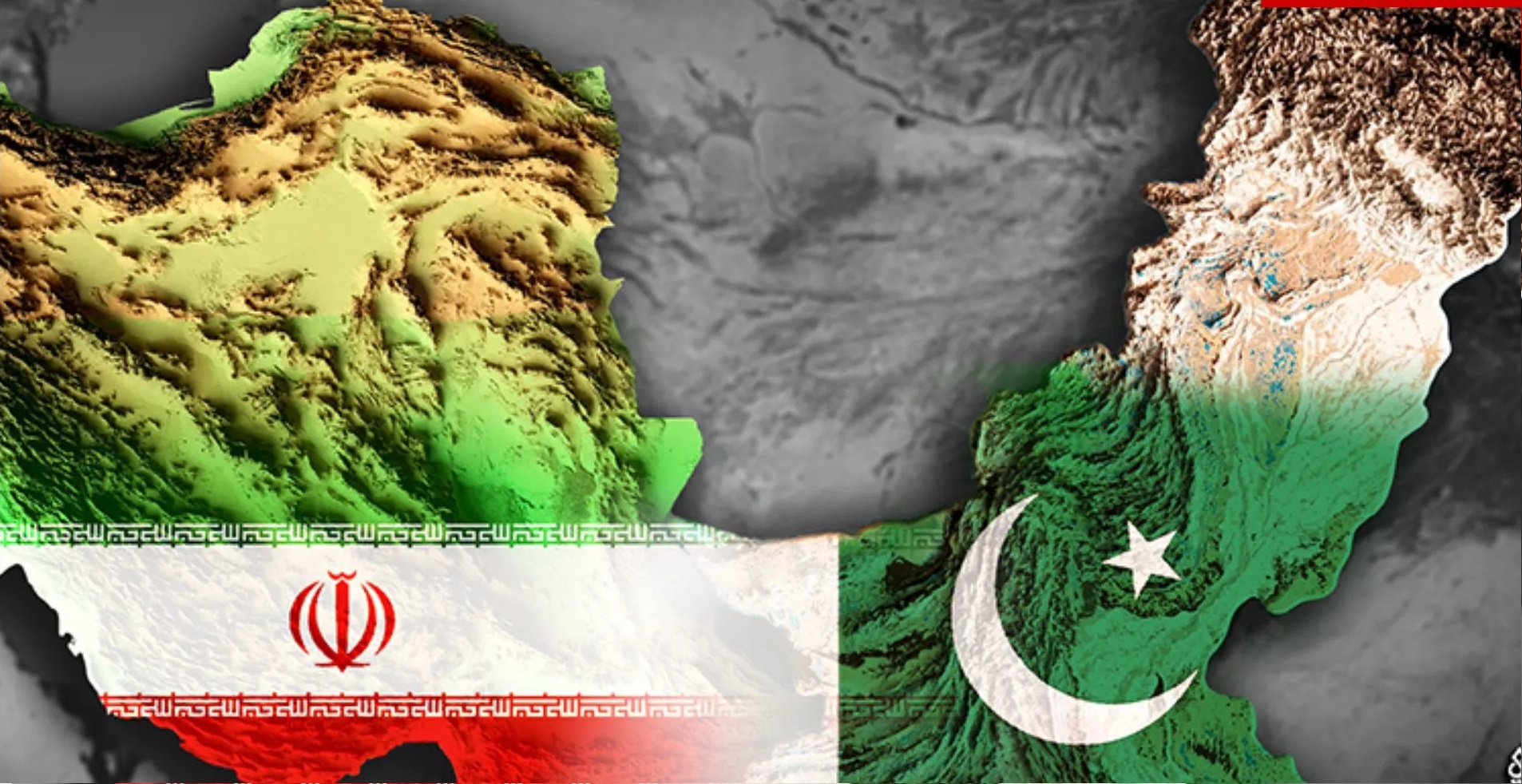Ahmed Cheema
On Thursday, Kurram district experienced one of the deadliest terrorist attacks in recent years. At least 42 people, including women and children, were killed when assailants opened fire on passenger vehicles. The attack targeted a convoy traveling from Parachinar to Peshawar, leaving multiple others injured alongside the fatalities. This tragic incident comes just days after a series of deadly attacks in Khyber Pakhtunkhwa (KP) and follows an important meeting of the National Action Plan (NAP) apex committee, where discussions centered on improving security. The recent attack, combined with Kurram’s long-standing history of sectarian violence, raises concerns that this could be another chapter in the district’s troubled past, though the exact motive remains unclear.
In July, the region had already been shaken by violence between rival tribes over a land dispute, resulting in the deaths of at least 60 people and numerous injuries. At the time, Barrister Muhammad Ali Saif, an adviser to the KP Chief Minister, dismissed claims that the violence had sectarian undertones, attributing it solely to the land dispute. However, many experts have raised concerns that sectarian violence, which has plagued Kurram for decades, cannot be entirely ruled out.
The scale of Thursday’s attack should have triggered a strong emotional response from the country’s leaders. This horrific event, which saw innocent lives lost in a brutal act of terrorism, should have caused an outpouring of grief and anger from those in power. From the Prime Minister to the Federal Interior Minister, to the Chief Minister of KP and members of the provincial cabinet, the response should have been one of solidarity with the victims and their families. There should have been visits to the affected families, offers of assistance to those injured, and promises of swift action to bring the perpetrators to justice.
Furthermore, immediate emergency meetings with security forces should have been convened to assess the situation and formulate a clear, unified response. The tragedy in Kurram should have dominated the headlines, and discussions on it should have been at the forefront of every talk show. Unfortunately, the response has been underwhelming. The attention given to this horrific attack has been disproportionately low, considering the scale of the tragedy. Instead of rallying around the victims, political leaders seem preoccupied with their ongoing internal conflicts, leaving the public with the disturbing impression that political battles have taken precedence over the fight against terrorism.
This ongoing power struggle between the PTI (Pakistan Tehreek-e-Insaf) and PDM (Pakistan Democratic Movement) parties has distracted the nation’s leadership from its most urgent duty—addressing the growing threat of terrorism. Political wrangling, though important, must not take precedence over the lives and safety of the people. The attack in Kurram is a stark reminder that the country is still grappling with the menace of terrorism, which continues to claim innocent lives across the nation. Now is the time for the political leadership to put aside their differences and unite for a common cause: the elimination of terrorism.
The resurgence of terrorist groups, coupled with the rise of new outfits, is a concerning development. In the past, Pakistan has seen how divisive sectarian violence can tear communities apart, particularly during the 1980s and 1990s. The memory of those deadly years should serve as a warning that we cannot afford to allow such violence to resurface. The recent attacks across Khyber Pakhtunkhwa, including the massacre in Kurram, highlight the dangerous potential for terrorism to once again destabilize the region.
To combat this threat, it is crucial that all political parties and institutions come together. Terrorism is an enemy that does not care about political affiliations. Whether you belong to one political party or another, or whether you are in government or opposition, the threat is the same. It is an enemy that thrives on division and chaos, and only by standing united can the nation hope to eliminate it. The time has come for a renewed, collective effort to combat terrorism with the same resolve that the country once showed when facing similar threats in the past.
We cannot afford to let this moment pass without action. The government must demonstrate its commitment to addressing this threat by taking concrete steps to ensure the safety and security of the people. This includes strengthening law enforcement, improving intelligence-sharing, and ensuring that terrorists are brought to justice swiftly. Additionally, there should be a concerted effort to address the underlying causes of violence, including sectarianism and tribal conflicts, through dialogue and peacebuilding initiatives.
While the political leadership has been distracted by its own infighting, the people of Pakistan have been left to deal with the consequences of these attacks. Families are mourning the loss of their loved ones, while others are left with scars, both physical and emotional, that will last a lifetime. This tragedy serves as a wake-up call, urging the leadership to put the nation’s interests above political rivalries and focus on protecting the lives of citizens.
In the face of such violence, it is more important than ever for the nation to stand together. Pakistan has overcome great challenges in the past, and with unity and determination, it can once again rise to the occasion. Now is not the time for petty political differences; now is the time to prioritize the safety and well-being of the people.
The government must take responsibility for the security situation and work to prevent further attacks. Public confidence can only be restored if the leadership demonstrates its commitment to protecting its citizens. This means taking swift action against terrorist organizations and ensuring that those responsible for the Kurram massacre are brought to justice. Moreover, there must be an ongoing effort to rebuild communities that have been torn apart by violence, ensuring that peace is restored, and that future generations do not have to endure the same suffering.
As the country mourns the lives lost in the Kurram attack, the focus must shift from political infighting to real solutions. The fight against terrorism is not a matter of political gamesmanship—it is a matter of life and death. The bloodshed in Kurram should serve as a painful reminder of the need for urgent action, and it is the responsibility of the nation’s leaders to act decisively to end the cycle of violence. Politics can wait—terrorism cannot.

















